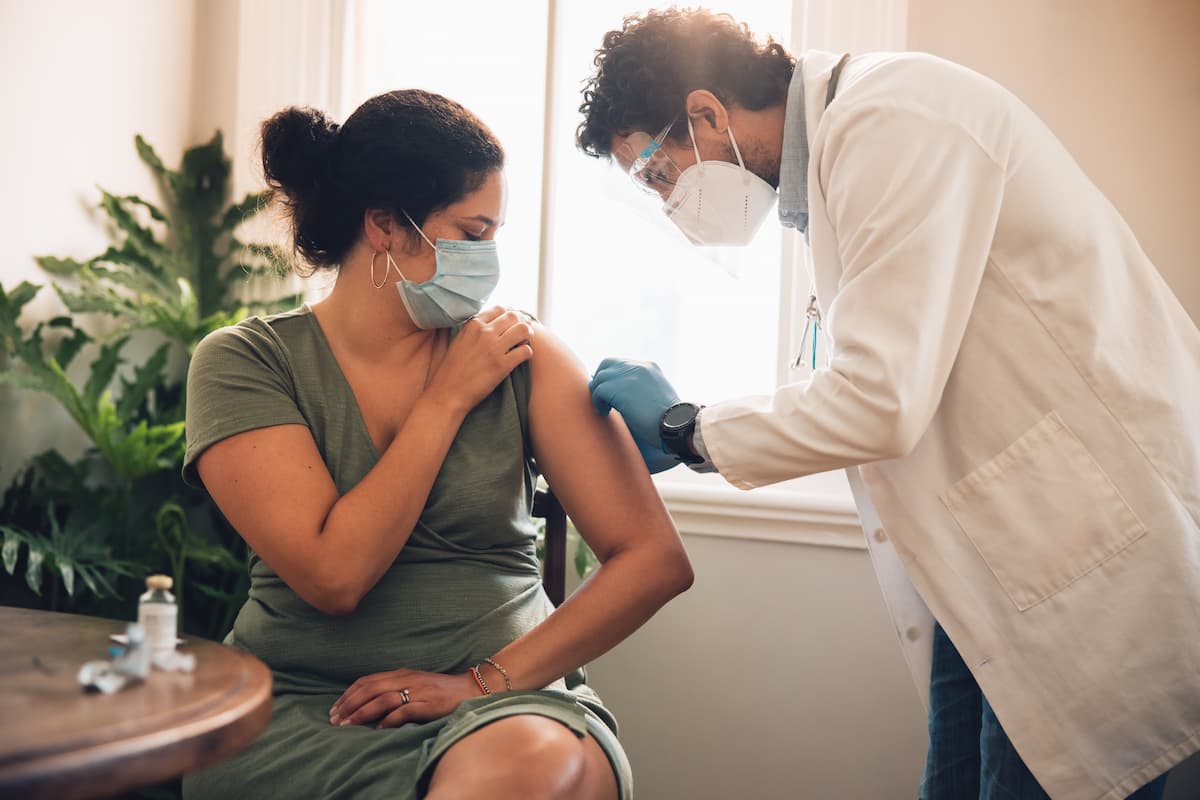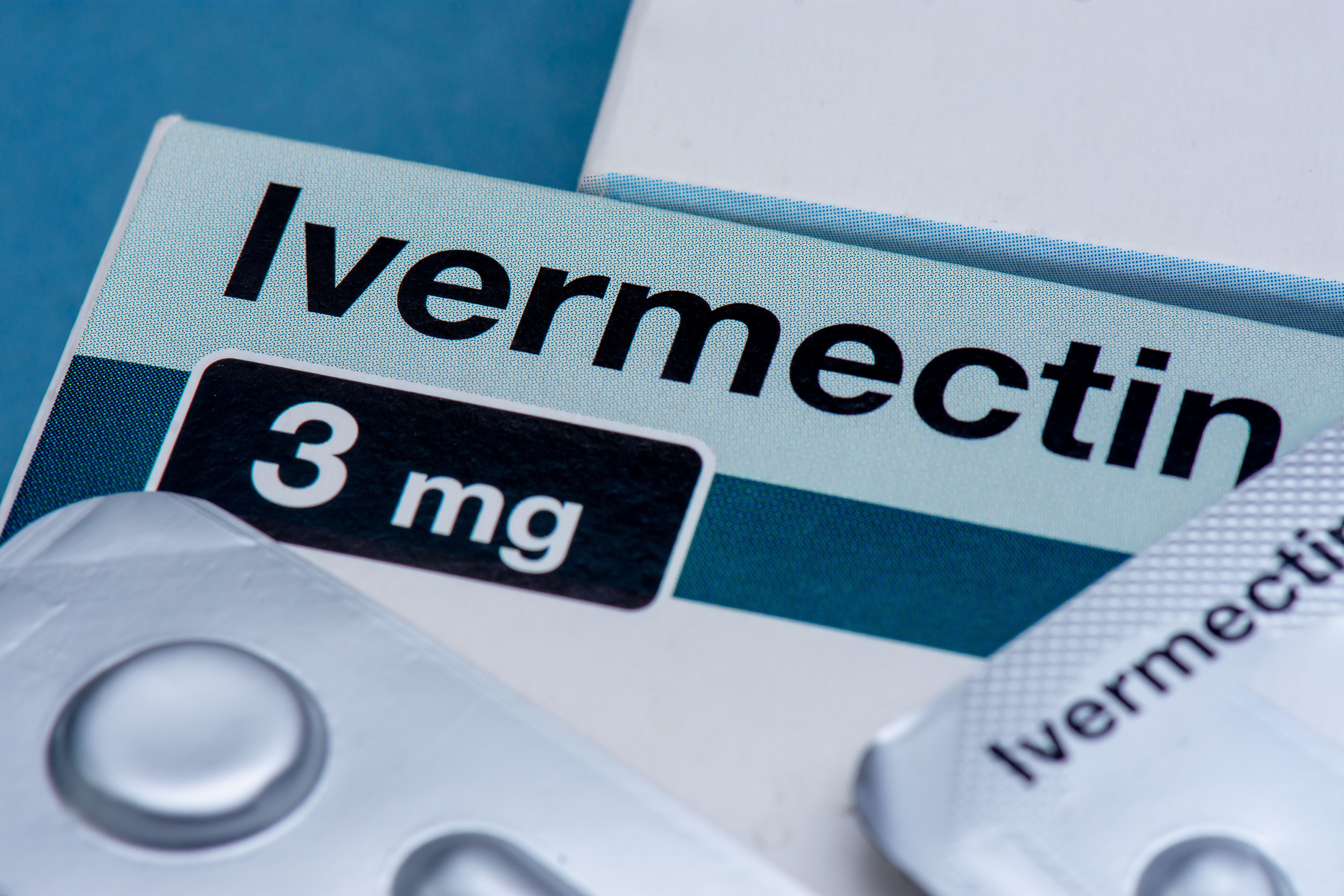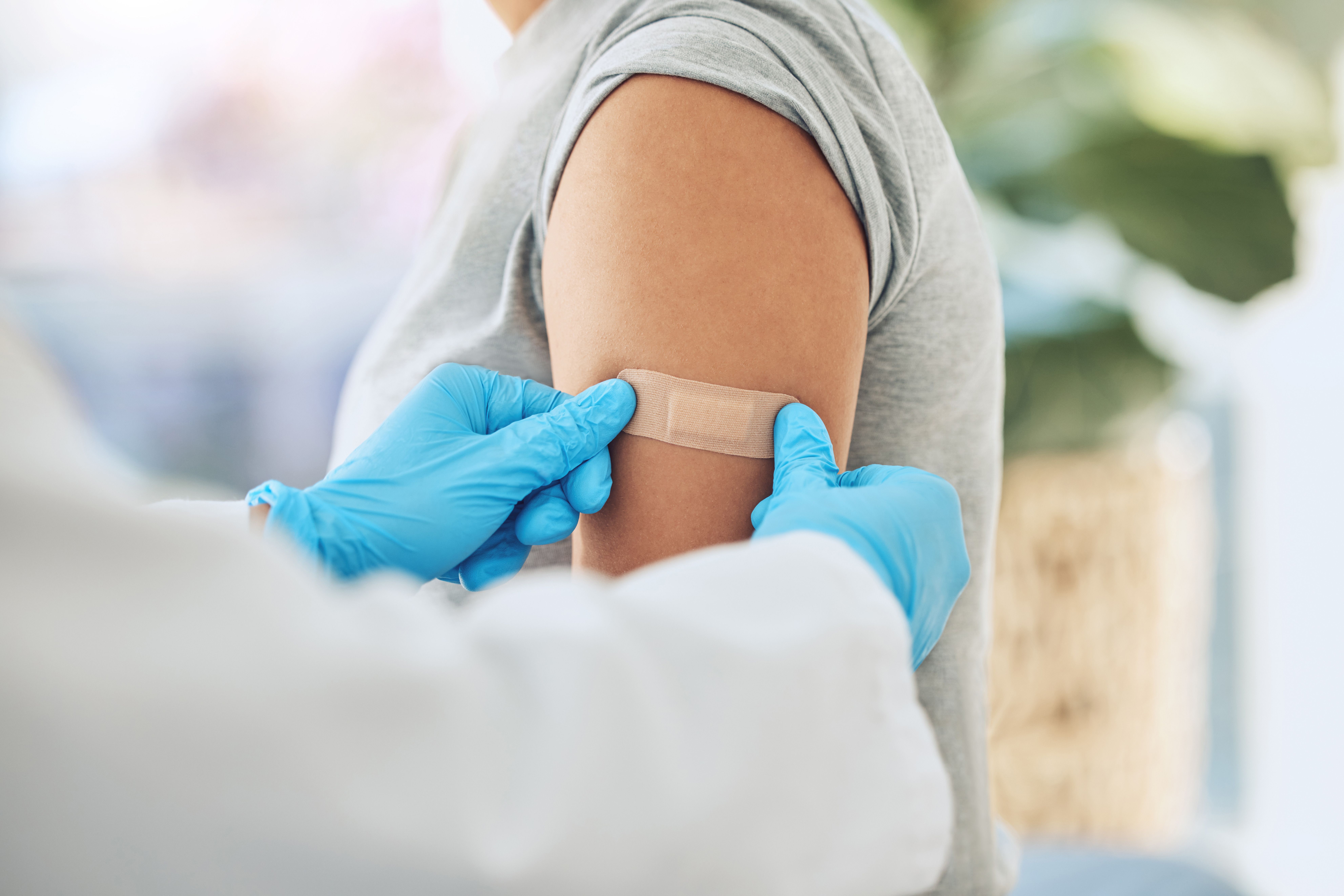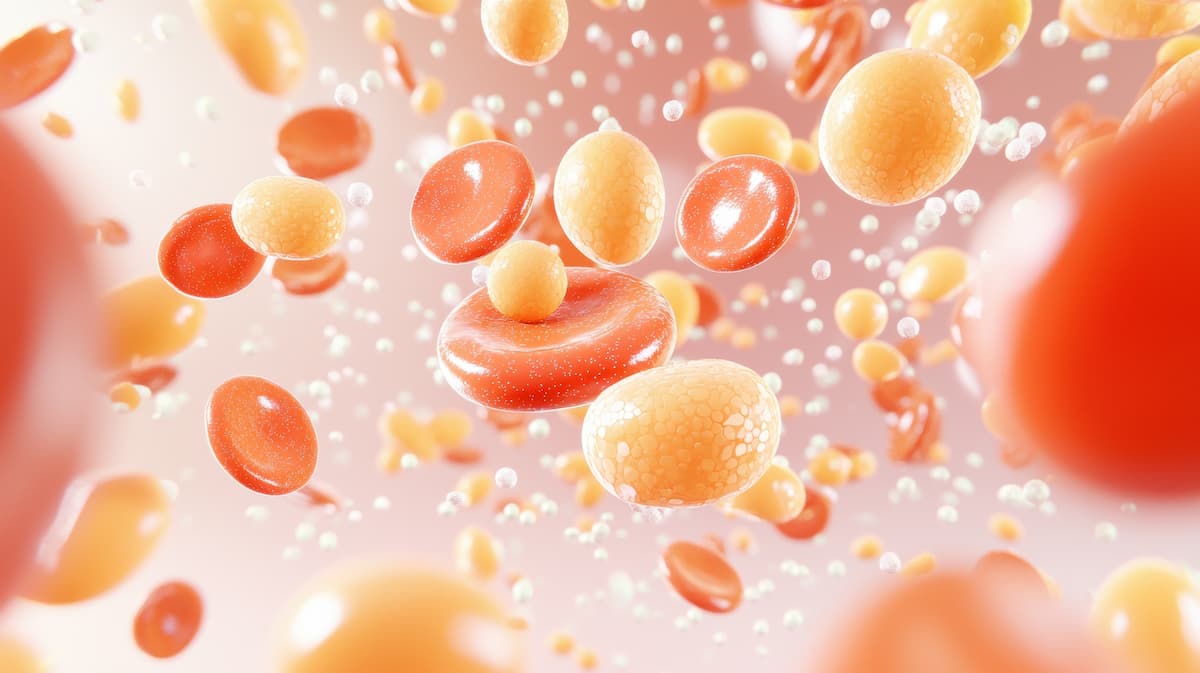Article
Many Adults with Asthma Haven't Received Pneumococcal Vaccine
People with work-related asthma are particularly vulnerable to pneumococcal pneumonia.
Adults with work-related asthma were more likely to have reported receiving a pneumococcal vaccine than adults with non-work-related asthma—54% compared with 35%, respectively, but vaccine coverage was still less than optimal, according to a CDC study published recently in the American Journal of Preventive Medicine.
CDC researchers analyzed data from the 2012-2013 Behavioral Risk Factor Surveillance System (BRFSS), a state-based telephone survey, which includes an optional follow-up survey that collects detailed information on asthma. Nearly 10,000 adults ages 18—64 years with asthma from 29 states who have ever held a job, representing an estimated 12 million people, were included in the analysis. Of the adults with asthma in the study, researchers estimated 15% had work-related asthma.
CDC’s National Institute for Occupational Safety and Health (NIOSH) researchers noted that among adults with work-related asthma, pneumococcal vaccine coverage was lowest among Hispanics (36%), those without health insurance (39%), and adults ages 18 to 44 years (42%).
“People with work-related asthma are particularly vulnerable to pneumococcal pneumonia,” NIOSH Director John Howard, MD said in a press release about the findings. “Vaccination is the best way to prevent pneumococcal disease, including pneumonia, and CDC recommends that all adults with asthma, whether work-related or not, get the pneumococcal polysaccharide vaccine.”
To increase the number of adults with asthma who are vaccinated against pneumococcal disease, CDC officials recommend that health care providers verify if their patients who have asthma have received a pneumococcal vaccine and offer the vaccine to those not vaccinated.
Reference
Just Over Half of Adults with Work-Related Asthma Report Having Received a Pneumococcal Vaccine [news release]. Atlanta. CDC website. https://www.cdc.gov/media/releases/2017/p0927-pneumococcal-vaccine-asthma.html. Accessed October 2, 2017.
Newsletter
Stay informed on drug updates, treatment guidelines, and pharmacy practice trends—subscribe to Pharmacy Times for weekly clinical insights.

FDA Grants Full Approval to mRNA-1273 COVID-19 Vaccine in Children At Increased Risk




